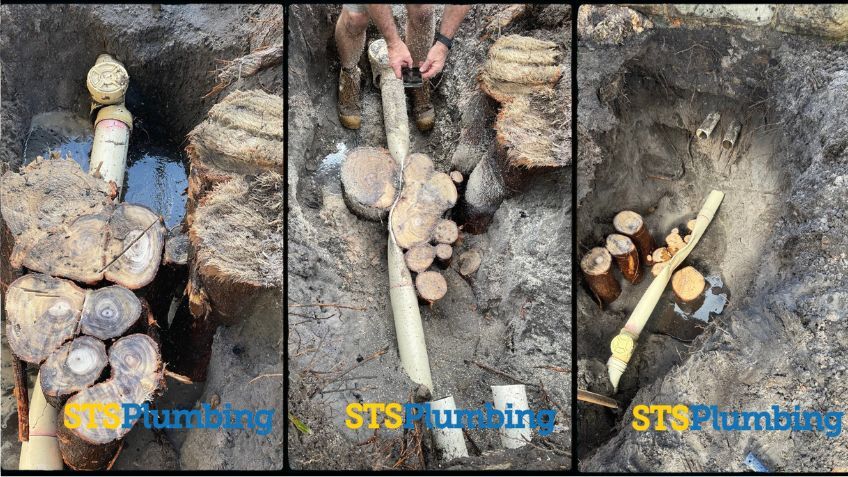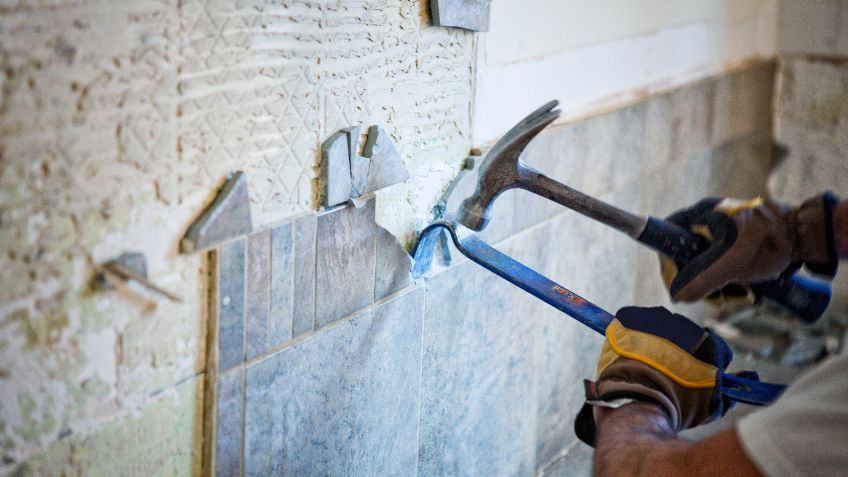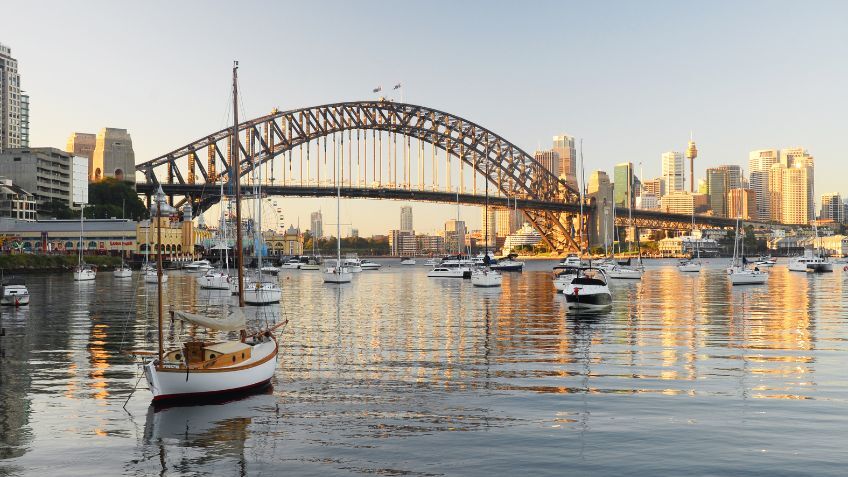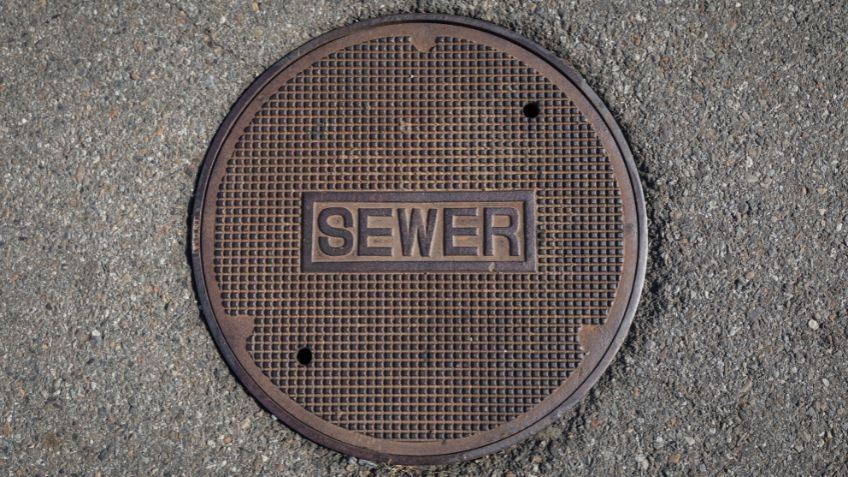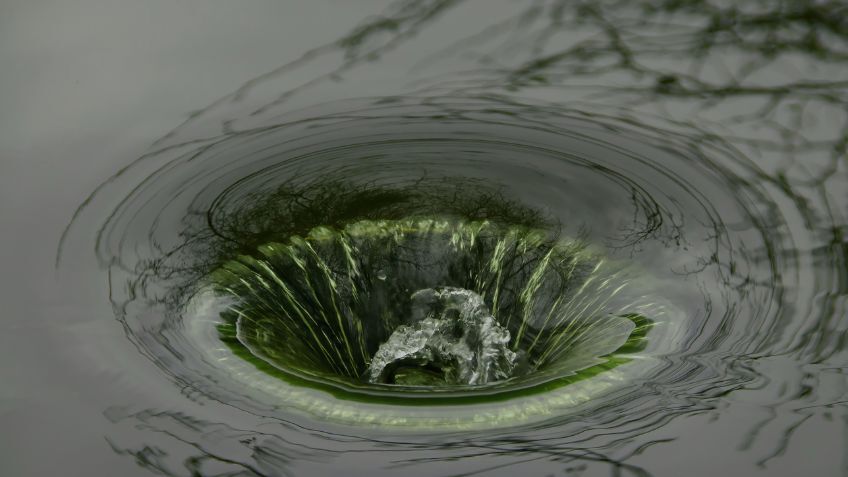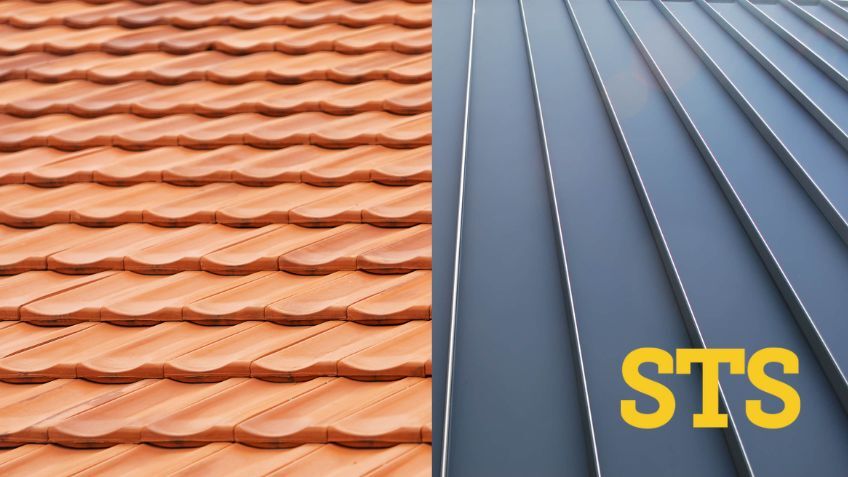Upgrading your hot water system isn’t something most homeowners think about until the old one fails, often during a cold snap or on a long weekend! But thinking about your hot water system ahead of disaster can save you from cold showers, high energy bills and untimely breakdowns.
At STS Plumbing, we help North Shore families select the best hot water system for their needs, lifestyle and budget. From traditional gas storage to energy-saving heat pumps, we break down the pros, cons and practical considerations so you can make the right decision the first time.
Why your hot water system choice matters
Hot water accounts for up to 25% of a typical Australian household’s energy use. The wrong system could mean:
- Higher power or gas bills
- Running out of hot water during peak usage
- Unnecessary maintenance or early failure
- Poor performance in colder months
The good news? With better technology and new rebate options available, you now have more choice than ever.
The three main types of hot water systems
Let’s compare your main options: gas, electric and heat pump.
1. Gas hot water systems
Gas hot water heaters have long been a staple in Sydney homes, especially where mains gas is available. They come in two main types:
- Storage systems that heat and store water in an insulated tank
- Continuous flow (instantaneous) systems that heat water as needed
Pros:
- Fast heating and good flow rate
- Reliable performance in winter
- Ideal for medium to large families
- Available in natural gas or LPG
Cons:
- Requires gas connection
- Not as efficient as heat pump models
- Older systems may be less energy efficient
Best suited for:
Homes already connected to mains gas and families with consistent hot water needs.
2. Electric hot water systems
These are still common in older homes or apartments. They heat water in a tank using an electric element, similar to a kettle.
Pros:
- Lower upfront cost
- Simple installation
- Reliable for small households
Cons:
- High ongoing running costs (unless powered by solar)
- Slower recovery time
- Increasingly being phased out of new builds
Best suited for:
Singles or couples in smaller dwellings, or properties with rooftop solar.
3. Heat pump hot water systems
These systems work like a reverse-cycle air conditioner - extracting ambient heat from the air to warm your water. Despite using electricity, they’re incredibly energy-efficient.
Pros:
- Up to 70% lower energy use than electric systems
- Eligible for government rebates in NSW
- Environmentally friendly
- Reliable year-round, even in cooler temperatures
Cons:
- Higher upfront cost (offset by rebates)
- Requires good ventilation (usually installed outdoors)
- Can be noisier than other systems
Best suited for:
Eco-conscious homeowners or families wanting to future-proof their energy use.
What size hot water system do I need?
Choosing the right system isn’t just about energy source, it’s about capacity and recovery rate.
As a general guide:
| Household Size | Daily Use | Suggested System Size |
| 1–2 people | Low | 90–130L (electric/gas) |
| 3–4 people | Medium | 135–170L or 20–26L/min (gas continuous) |
| 5+ people | High | 170–300L or dual systems |
STS Plumbing helps you calculate the right size based on the number of bathrooms, usage patterns, and property layout, not just a guess.
Rebates and running costs
Heat pump systems and solar-boosted setups may be eligible for Small-scale Technology Certificates (STCs) or NSW Energy Saving Scheme rebates, reducing your upfront investment by hundreds (or even over $1,000).
We’ll help you navigate what rebates apply based on your home and system choice.
Tip: If your current electric system is on a time-of-use meter, you may also save by shifting to off-peak rates.
Frequently asked questions
Q: Should I replace like-for-like, or upgrade to a different type?
A: Not always. Sometimes switching makes more long-term sense, especially with heat pump and gas upgrades. STS Plumbing will assess your setup and give you clear pros and cons.
Q: How long do hot water systems last?
A: Most systems last 8-12 years, though quality brands (and proper servicing) can stretch this. If your unit is over 10 years old or struggling to keep up, it’s worth inspecting.
Q: Do you install all brands?
A: Yes. We supply and install trusted brands including Rheem, Rinnai, Thermann, Stiebel Eltron and EvoHeat, and we’ll recommend the best option for your home, not just what’s in stock.
Why STS Plumbing?
As local plumbers based in Lane Cove, we understand the layout, age and quirks of homes across the North Shore. We take the time to understand your family’s needs, not just sell you a box.
With STS Plumbing, you get:
- Clear advice from licensed professionals
- Fixed quotes (no surprises)
- Access to rebates and energy-efficient options
- Full installation, testing and cleanup
- A system that’s right for your home, not just what’s easiest to install
Ready to upgrade your hot water?
Don’t wait for your system to fail. Whether you need urgent replacement or want to explore energy-saving options, we’ll guide you every step of the way.
Call STS Plumbing today on 9904 3074 or request a quote online.
We’re your trusted hot water plumber on the North Shore, here to keep your family comfortable year-round.

